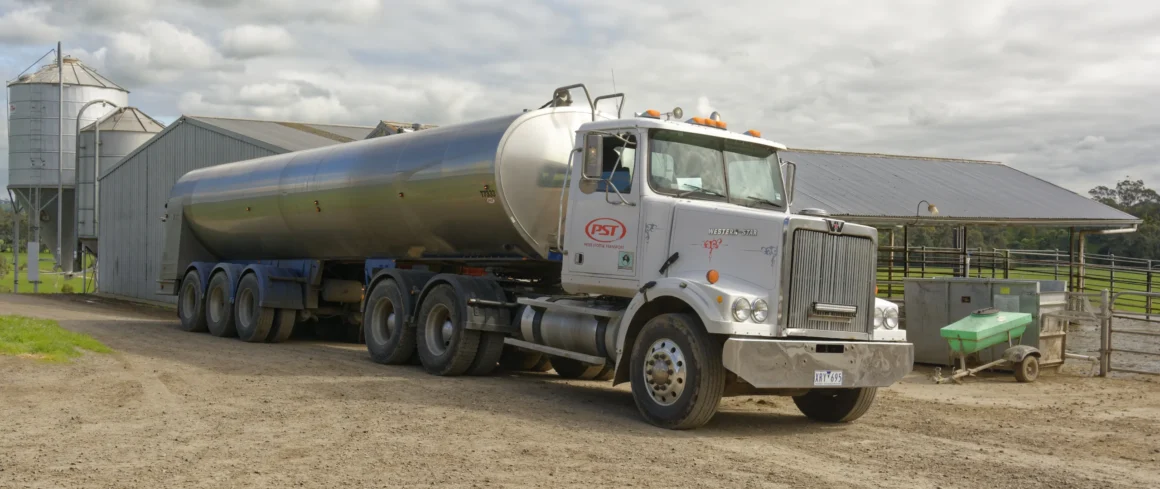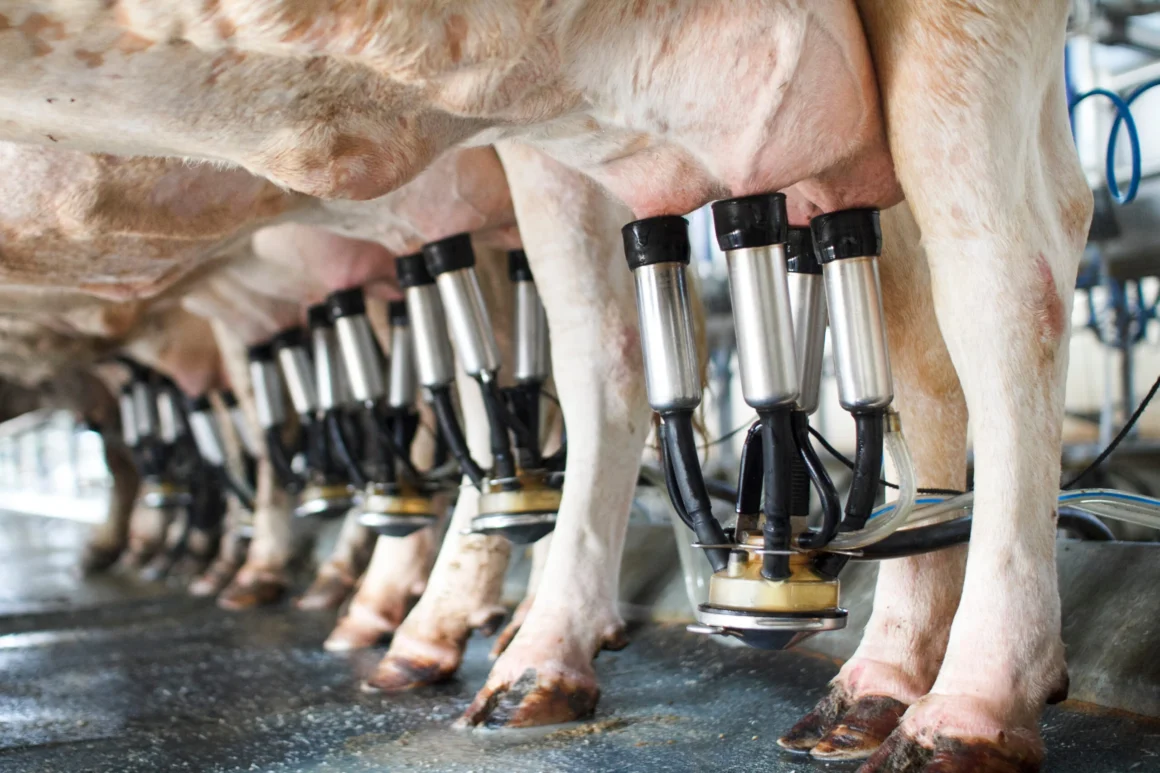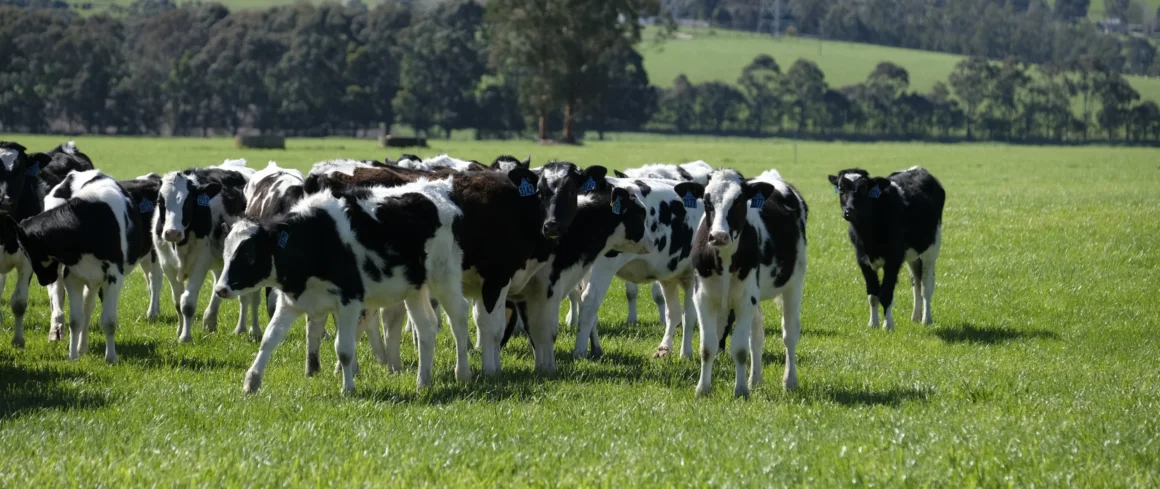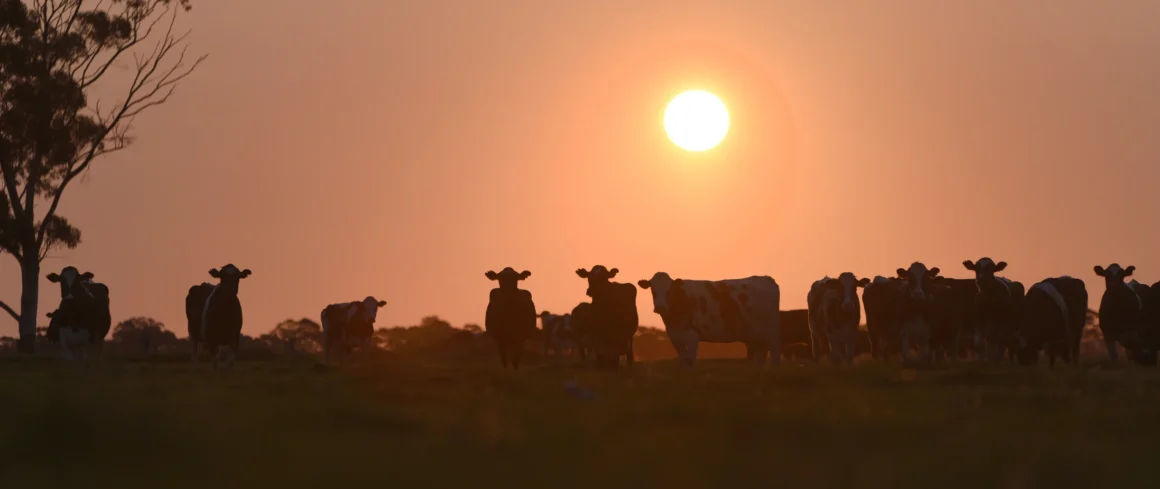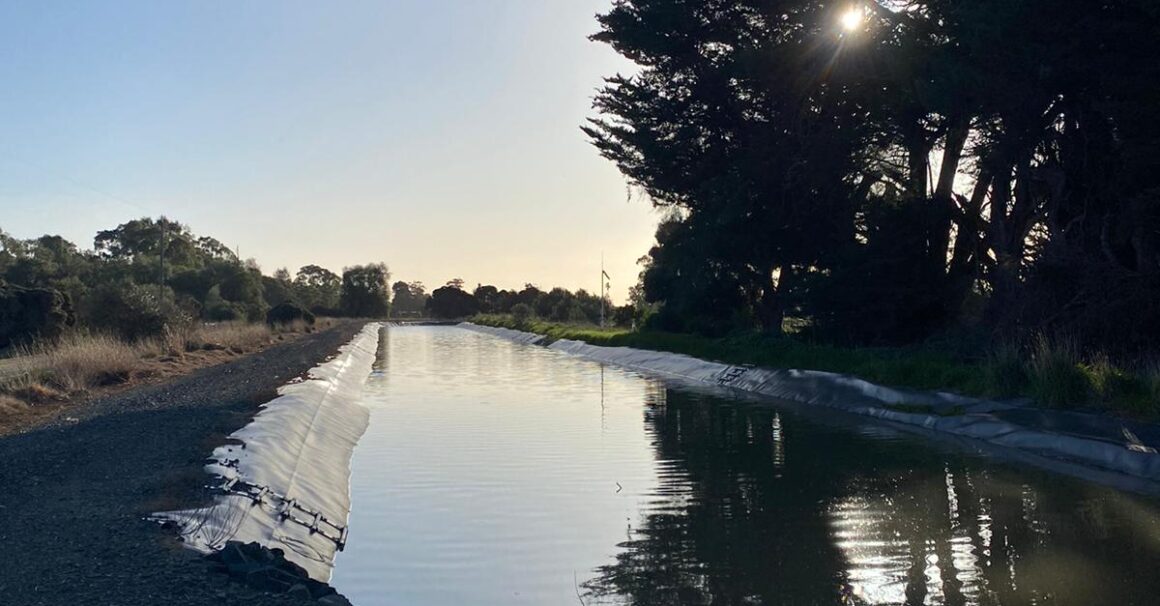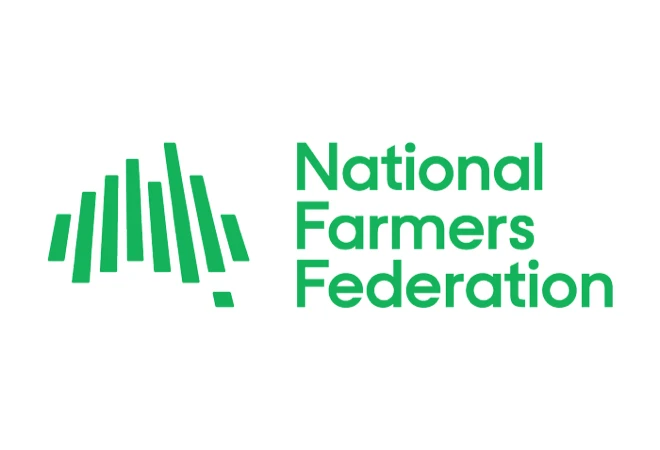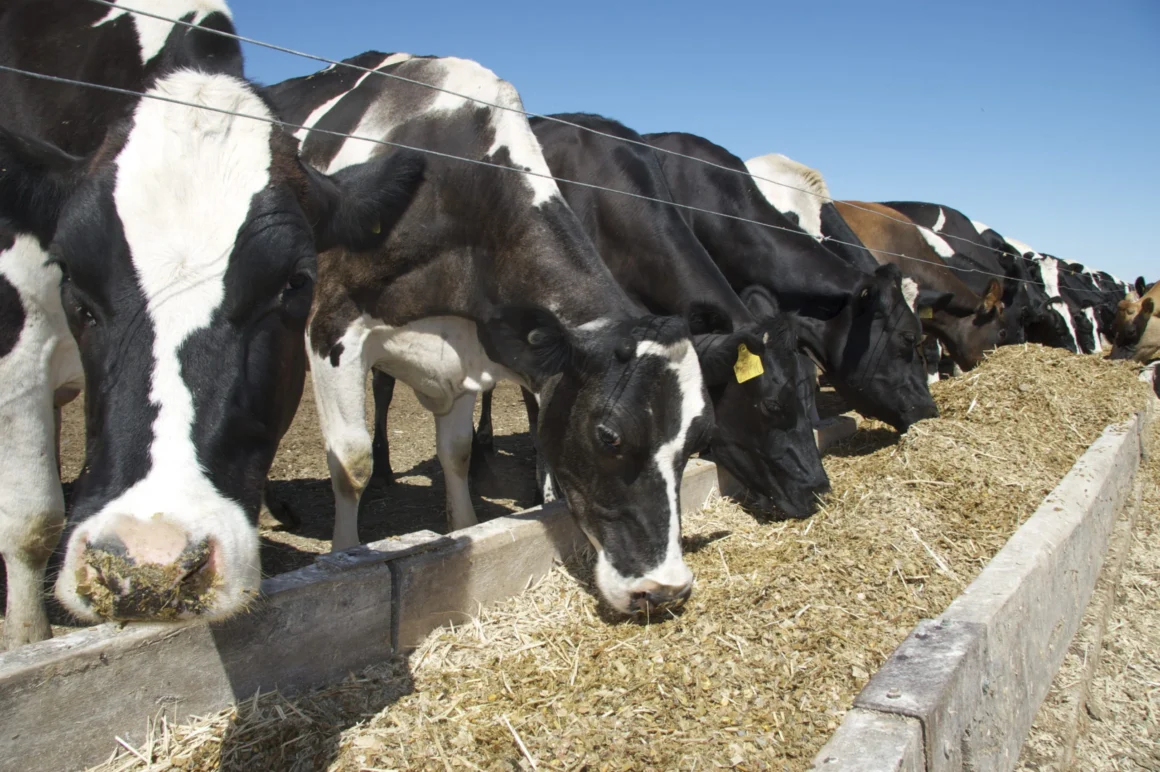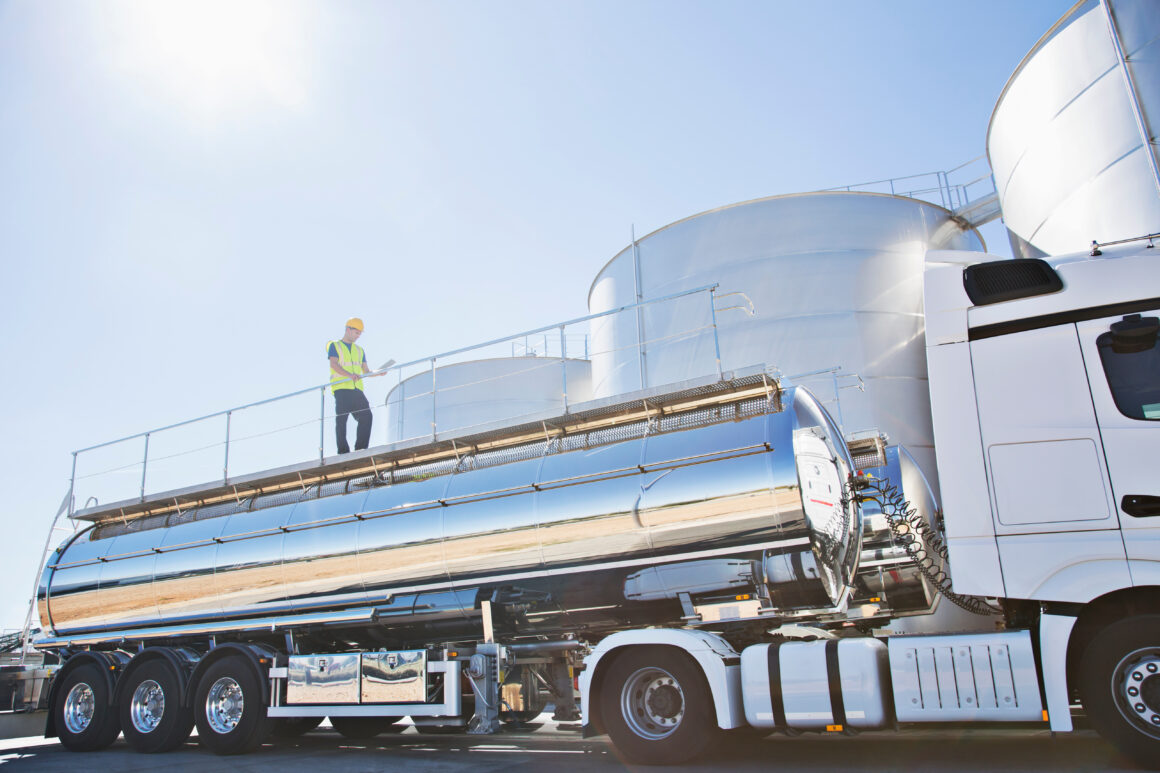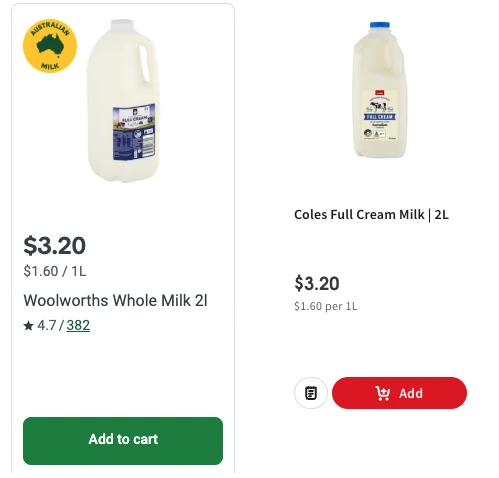Australian Dairy Farmers (ADF) has warned that escalating geopolitical tensions in the Middle East pose a serious risk to Australia’s fuel security, with potential flow‑on effects for food supply and regional communities.
ADF President Ben Bennett said renewed instability in the Middle East has already heightened concerns about sharp increases in fuel prices and disruptions to global fuel supply chains, with Australia particularly exposed due to its heavy reliance on imported fuel and low reserves.
The Federal Government confirmed in Parliament today that Australia has reserves of just 34 days of diesel and 36 days of petrol to hand – some of which is still at sea but within Australian waters.
Recent reporting highlights the risk of oil price shocks if key shipping routes such as the Strait of Hormuz are disrupted, a scenario that could quickly translate into higher fuel prices and reduced availability domestically.
“Australia imports around 90 per cent of its transport fuels, which leaves essential industries such as dairy vulnerable when global supply chains are under pressure,” Mr Bennett said.
“From the tractors on farm to milk tankers and feed deliveries, these fuels keep the dairy industry moving. Any interruption to fuel supply would be felt almost immediately on farms and across the entire dairy supply chain.”
Mr Bennett noted that Australia remains well short of the International Energy Agency’s requirement to hold 90 days of fuel reserves, despite long‑standing commitments.
Assessments show Australia has failed to meet this benchmark for more than a decade, leaving the nation exposed during international crises.
“ADF has previously raised concerns about Australia’s inadequate fuel reserves, and recent global events underline just how real this risk is,” Mr Bennett said.
“Dairy cows cannot simply be switched off or milk stored indefinitely on farm.
“If milk tankers stop running because fuel is unavailable or unaffordable, farmers face serious animal health and environmental consequences. ADF is calling on the Australian Government to formally classify the dairy industry as an essential service in any fuel security or emergency planning, to ensure milk, food and fuel trucks can continue operating during periods of disruption.
“Keeping dairy supply chains moving is about more than economics,” Mr Bennett said.
“Cows must be milked every day, and milk must be collected regularly. Ensuring priority access to fuel for dairy and other food producers is critical to keeping fresh, nutritious food on Australian tables.” Mr Bennett said ADF stands ready to work with government to formulate a plan to safeguard Australia’s food supplies and ensure essential agricultural industries are protected during periods of global uncertainty.

